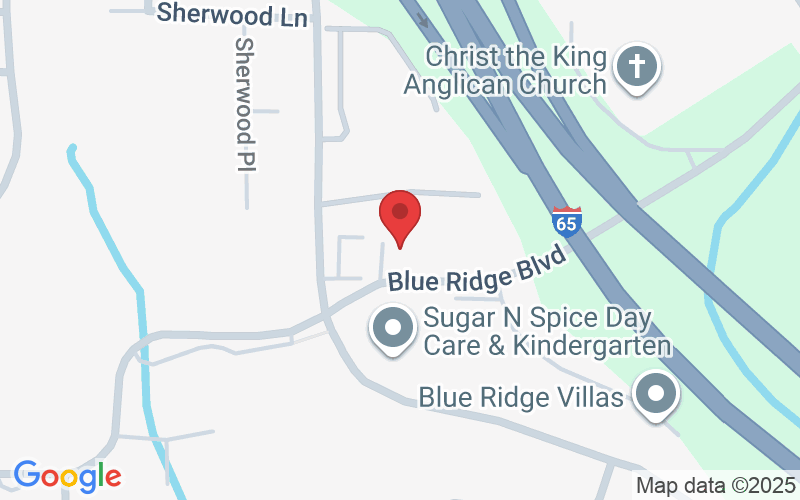Take the Stress Out of Accounting & Taxes.
Focus on Growth, We’ll Handle the Numbers.
Struggling with taxes, bookkeeping, or payroll? Don’t let financial stress hold you back. Trustway Accounting provides proactive tax and accounting services that simplify your finances, maximize deductions, and give you peace of mind year-round.
Why Choose Trustway Accounting
Rely On Our Experience
25+ Years of Experience, One Mission: Your Financial Peace of Mind
For over two decades, Trustway Accounting has helped business owners and individuals simplify finances, reduce taxes, and make smarter decisions. Our story is built on integrity, proactive support, and a passion for empowering clients like you. From bookkeeping to strategic tax planning, we’re more than accountants; we're your financial partners for long-term success.


200 +
Happy Clients
1,548+
Projects Completed
25 +
Years Of Experience
14+
Team Members
Grab Your FREE Guide
Conquer Tax Season with Confidence
Feeling overwhelmed by tax season? Don't worry, you're not alone. But what if there was a way to simplify your taxes and maximize your deductions without all the headache?
FREE Tax Prep Guide - your ultimate checklist for tax savings!
Inside this valuable resource, you'll discover:
Key tax tips and strategies for individuals, families, self-employed and small businesses.
Common deductions and credits you might be missing out on.
Simple tips to organize your paperwork and make filing a breeze.
Comprehensive Financial Services Designed for Businesses & Individuals
From daily bookkeeping to strategic tax planning, Trustway Accounting delivers the clarity, compliance, and confidence you need to thrive. Whether you’re an overwhelmed business owner or a stressed taxpayer, our services are built to save you time, reduce stress, and help you keep more of your hard-earned money.

Tax Services
Stress-free tax solutions that maximize savings and keep you audit-ready.
Whether you’re filing personal taxes or managing complex business returns, our tax experts ensure accuracy, compliance, and maximum savings. We don’t just file your returns, we plan ahead, resolve past issues, and give you peace of mind knowing the IRS is never a worry.
We Do...
Personal Tax Preparation
Business Tax Preparation
Tax Planning & Minimization Strategies
IRS Audit Support & Tax Resolution
2nd Opinion Tax Review
Estate & Retirement Tax Planning
Sales Tax Services



Accounting Services
Proactive accounting support to keep your business organized, and ready for growth.
Running a business is hard enough without worrying about books, payroll, or financial strategy. Our accounting services take financial stress off your plate, so you can focus on building your business. From keeping your books audit-ready to providing CFO-level insights, we help you stay in control and move forward with confidence.
We Do...
Bookkeeping & Financial Reporting
Payroll Services & Bill Pay
QuickBooks Support (Implementation, Training & Cleanup)
Business Consulting & Forecasting
CFO & Advisory Services
Conquer Tax Season with Confidence
What if there was a way to simplify your taxes and maximize your deductions without all the headache?
FREE Tax Kit — Your Ultimate Guide For Tax Savings!
Inside this valuable resource, you'll discover:
Key tax tips and strategies for individuals, families, self-employed, and small businesses.
Common deductions and credits you might be missing out on.
Simple tips to organize your paperwork and make filing a breeze.
Smart Tools & Services That Simplify Your Finances
From payroll and reporting to taxes and cash flow, Trustway Accounting gives you the clarity and control you need anytime, anywhere. With tailored solutions and modern tools, staying organized and stress-free has never been easier.
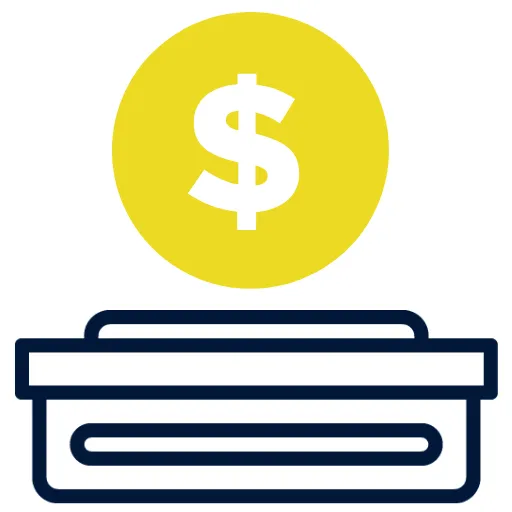
Business Consulting & Forecasting
Get expert insights, clear financial roadmaps, and proactive strategies to grow smarter and faster.
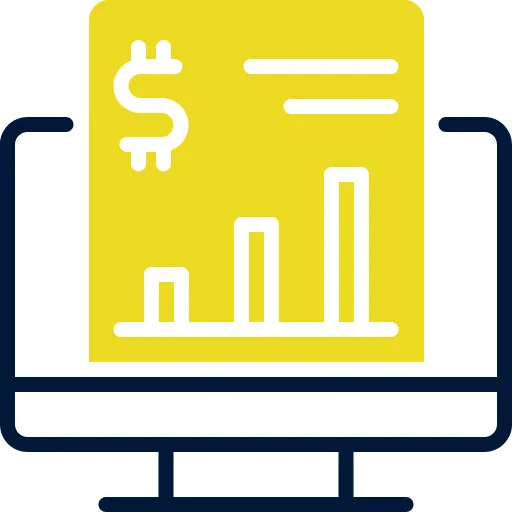
Payroll
Skip payroll stress with tailored payroll options for your small business.
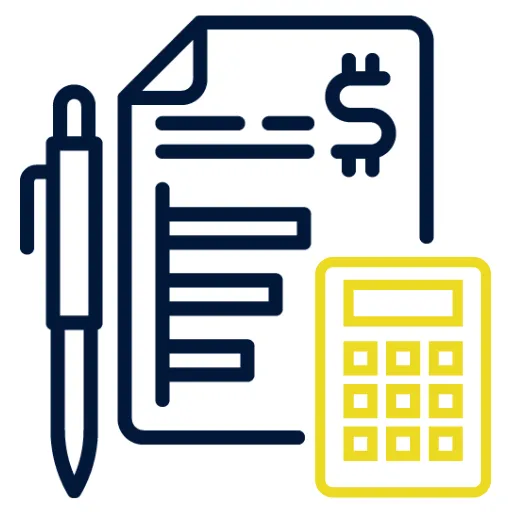
Personal Tax Preparation
We make personal tax filing simple, accurate, and stress-free, ensuring you get every deduction and credit you deserve.

QuickBooks
Take care of business anywhere with the QuickBooks Accounting app. Keep in touch with us all the time.
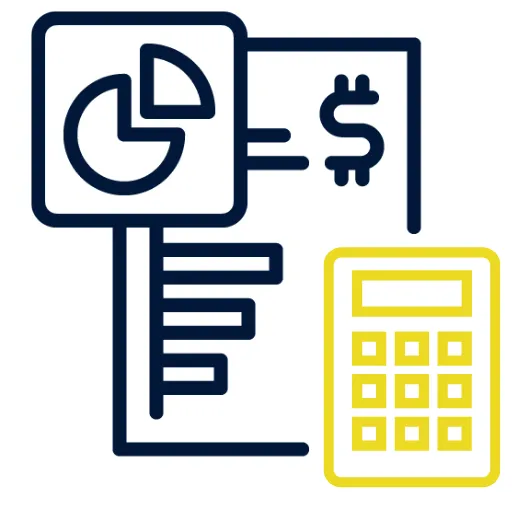
Financial Reporting
One-click reporting lets you instantly see your profit & loss, balance sheet, and dozens of other reports.

2nd Opinion Tax Review
We’ll recheck your past returns to uncover missed deductions and credits, often saving you money immediately.
What Our Clients Say
No need to rave about our services. We let our happy clients do that ...
Numbers That Make Sense
Our experts are here to make accounting and tax stress-free.
Book your consultation today and start focusing on what really matters your growth.

Call
205-463-5260
Hours
Mon – Fri: 9:00am – 5:00pm
Sat/Sun – CLOSED
Office:
1236 Blue Ridge Blvd
Hoover, Alabama 35226
Copyright 2026. Trustway Accounting. All Rights Reserved.
Powered by Kyrios Systems

